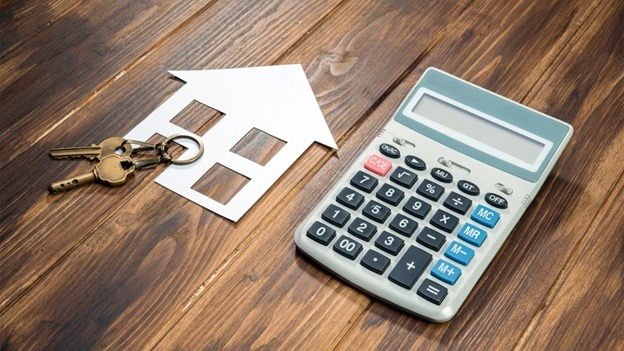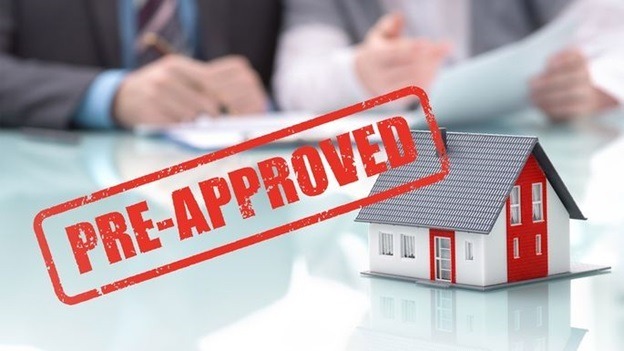You may be in the market for a new home. Owning your place is a big step, and there are a few things you’ll need to do before taking the plunge. When you’re ready to buy a house, be sure to make your house-buying process a smooth experience. You can visit kingdomproperties.ae, for better and affordable options of apartments in Dubai.The most critical tasks are arranging your finances, getting pre-approved for a mortgage, and finding the right home. This blog post will provide a detailed checklist of 10 things you should do before buying a house. Follow these tips, and you’ll be on your way to becoming a homeowner!
1. Check your credit score and get it in order if necessary
Your credit score is one of the most critical factors in getting approved for a mortgage. If your score is lower than you’d like, take some time to improve it before applying for a home loan. Your credit score will affect your interest rate and could make or break your ability to get a mortgage. A high credit score will help you qualify for a lower interest rate on your mortgage, which can save you thousands of dollars over the life of your loan. If your score is on the low side, there are things you can do to improve it (like paying down debt and making on-time payments) before you start shopping for a home. Make sure to check your credit score well in advance to have time to improve it if necessary. If your credit score needs some improvement, take steps to fix it before you start looking for a home.
2. Get pre-approved for a mortgage
Once you know what you can afford, get pre-approval from a lender. It will show sellers that you’re a serious buyer and give you an edge over other buyers who haven’t taken this step. Getting pre-approved is a relatively simple process – you need to provide some financial information (like your income, debts, and assets) to your lender, and they’ll let you know how much they’re willing to lend you. The pre-approval process is when your lender gives you a letter stating how much of a loan you qualify for, based on an assessment of your financial history. Getting pre-approved for a mortgage will give you a clear idea of how much home you can afford and put you in a better position to get a great deal on your home loan.
3. Determine your budget and stick to it
Once you know how much you can afford to spend on a new home, it’s time to start looking at homes that fit your budget. It’s easy to get caught up in the excitement of looking at homes that are outside of your price range, but remember – you need to stick to your budget! Not only will this help you avoid getting in over your head financially, but it will also help you focus your search on homes that are indeed within your price range. Get an estimate of your finances, savings, and loan you can get; the government also offers a lot of grants for first time home buyers to aid them with the purchase of their first home, and several programs can help you come up with the money you need. The government offers a variety of grants and loans that can help with the down payment, and many lenders offer programs that can make it easier
4. Start looking for your dream home
Now that you know how much you can afford to spend and have a general idea of the type of home you’re looking for, it’s time to start your search! Once you have a good understanding of your finances, you can start looking for your dream home. Start by browsing online listings and visiting open houses in your desired neighborhood. Pay attention to the features that are most important to you, and try to find a home that meets as many of your needs as possible. Look online, in newspapers, and drive around neighborhoods that interest you. When you find a home you like, be sure to have your real estate agent schedule a showing so you can take a closer look.
5. Tour potential homes in your price range
Once you’ve found a few homes that meet your needs, it’s time to start touring them! Schedule showings with your real estate agent and take the time to inspect each property. Pay attention to things like the home’s condition, the room’s size, and the overall layout. Once you’ve toured a few homes, you should know what you’re looking for in your new home.
6. Ask questions about the property and the neighborhood
Once you’ve found a home you’re interested in, it’s time to ask some questions. If you have a real estate agent, they should be able to answer most of your questions about the property. But, it’s also a good idea to ask the seller or the listing agent any questions you may have. You can also ask your friends or family who live in the area for their thoughts on the neighborhood. Finally, be sure to research the crime rates and schools in the area, so you know what you’re getting into.
7. Get a home inspection
A home inspection is an essential in-homepurchase. It is when a professional comes in and looks for any significant problems with the property. A home inspector will look for any major property problems that could cost you a lot of money down the road. They will check things like the electrical system, the plumbing, and the foundation. Home inspections can be expensive, but they’re worth it. If there are any significant problems with the property, you’ll know about them before buying. Be sure to attend the inspection so you can see any problems for yourself and ask any questions you may have.
8. Make an offer on a home
Once you’ve found the perfect home, it’s time to make an offer. Your real estate agent will help you develop a reasonable offer based on the current market conditions. They will also help you negotiate with the seller to get the best possible price for the home. After finding the perfect home, it’s time to make an offer! Work with your real estate agent to come up with a competitive offer that considers the home’s current market value and any repairs that may need to be made.
Conclusion: Buying a house is a big decision, and there are a lot of things you need to do beforehand to ensure the process goes smoothly. From arranging your finances to getting pre-approved for a mortgage, many steps are involved. Use this checklist as a guide to help you through the process and ensure you don’t forget any crucial details. With some planning and preparation, you’ll be on your way to owning your dream home in no time.





